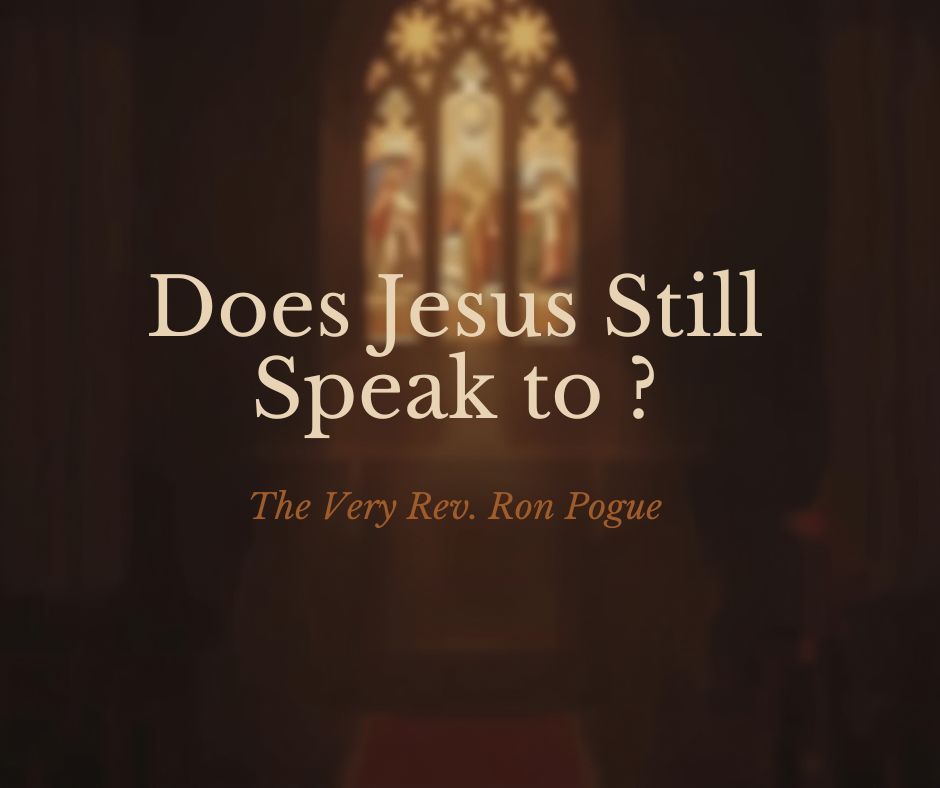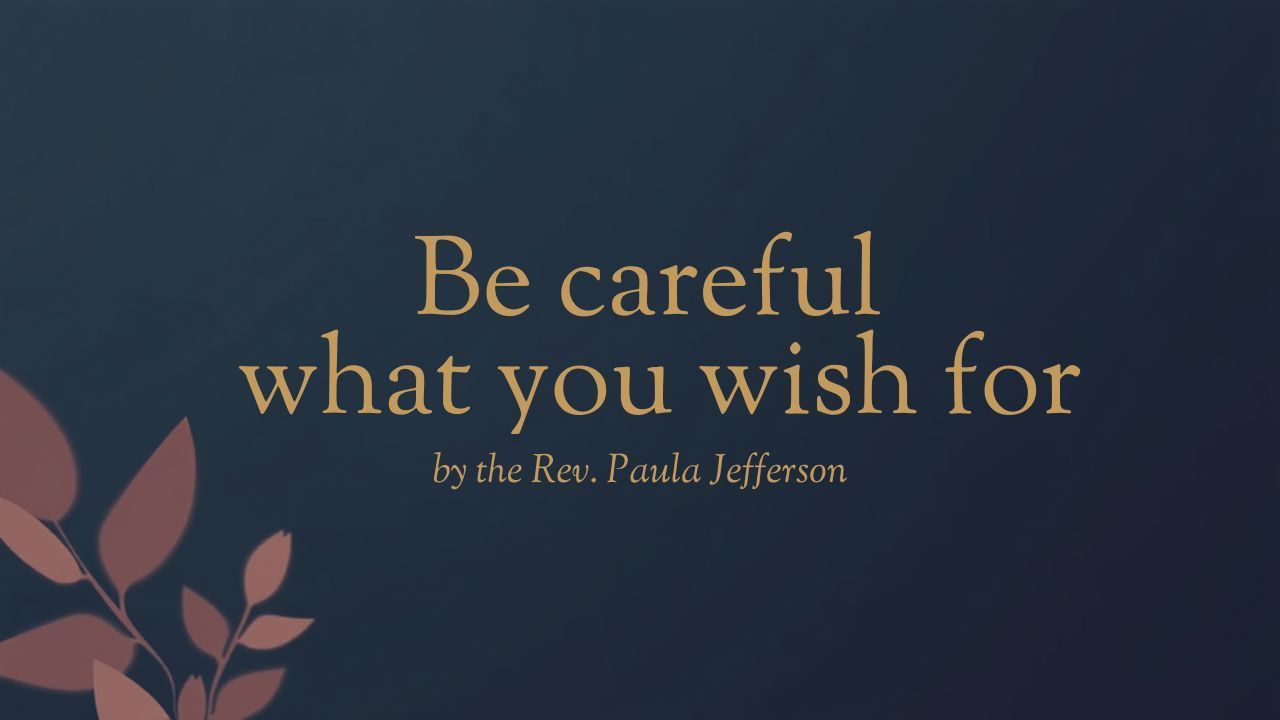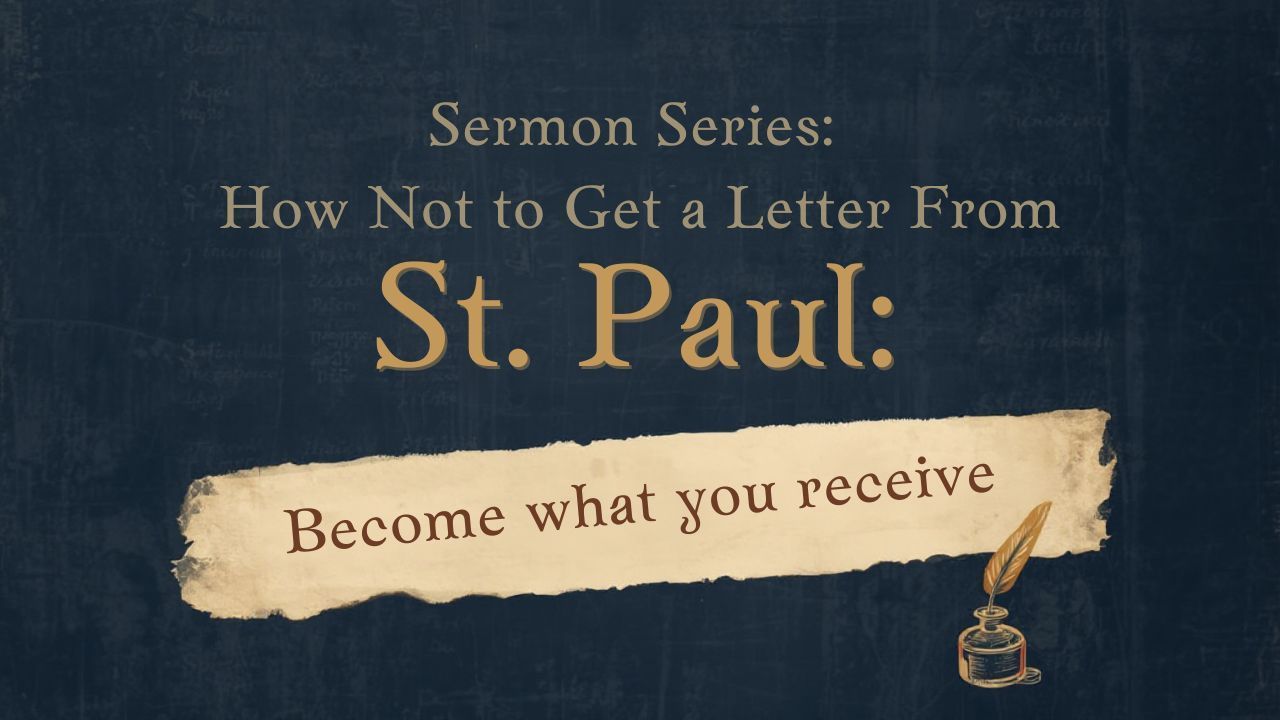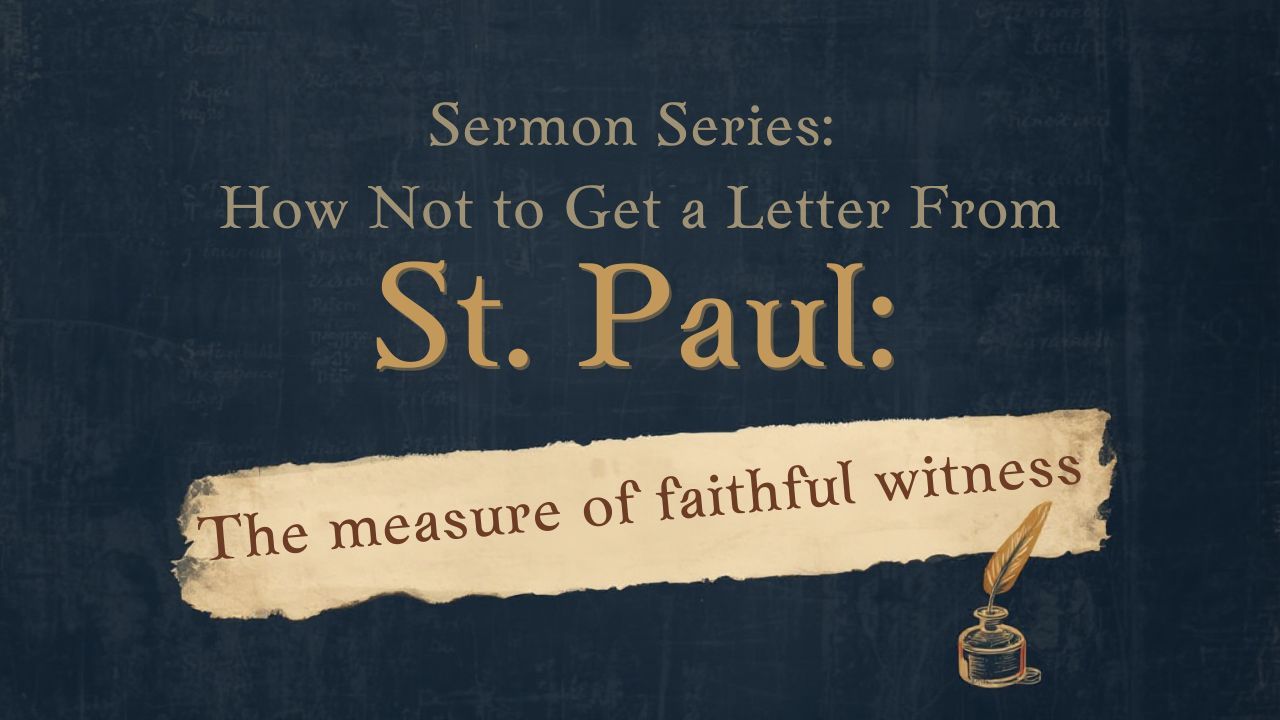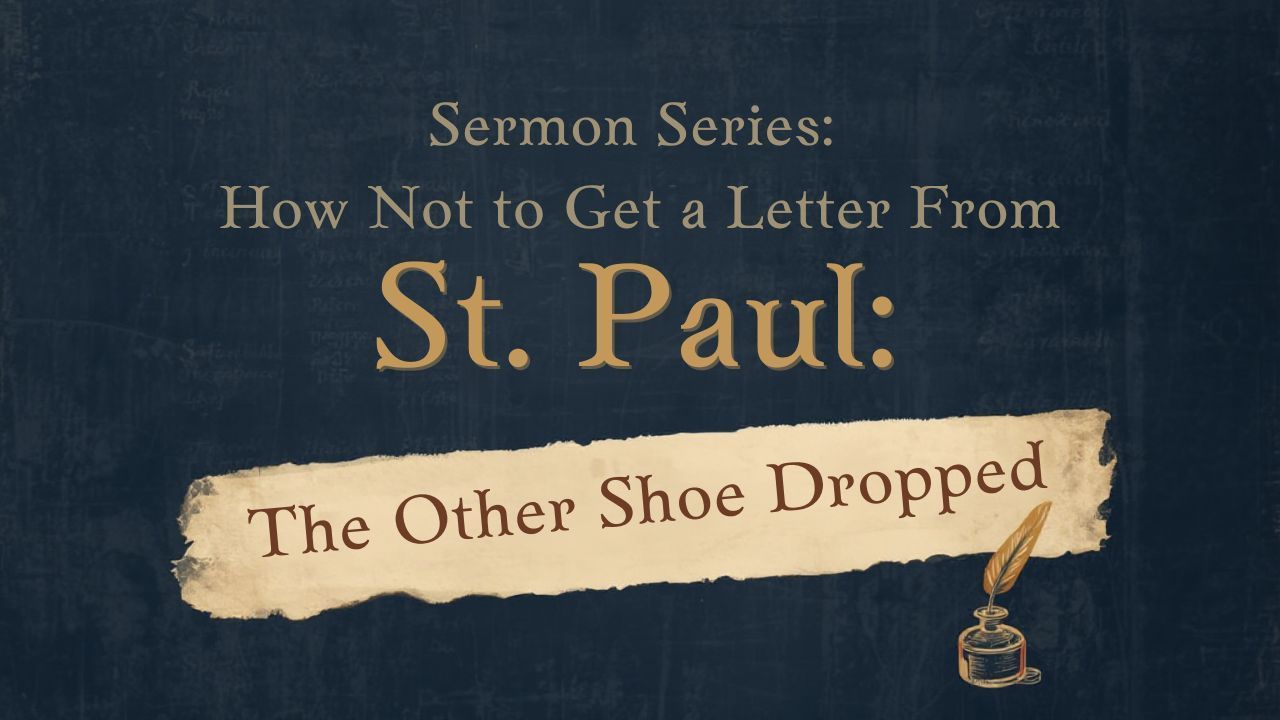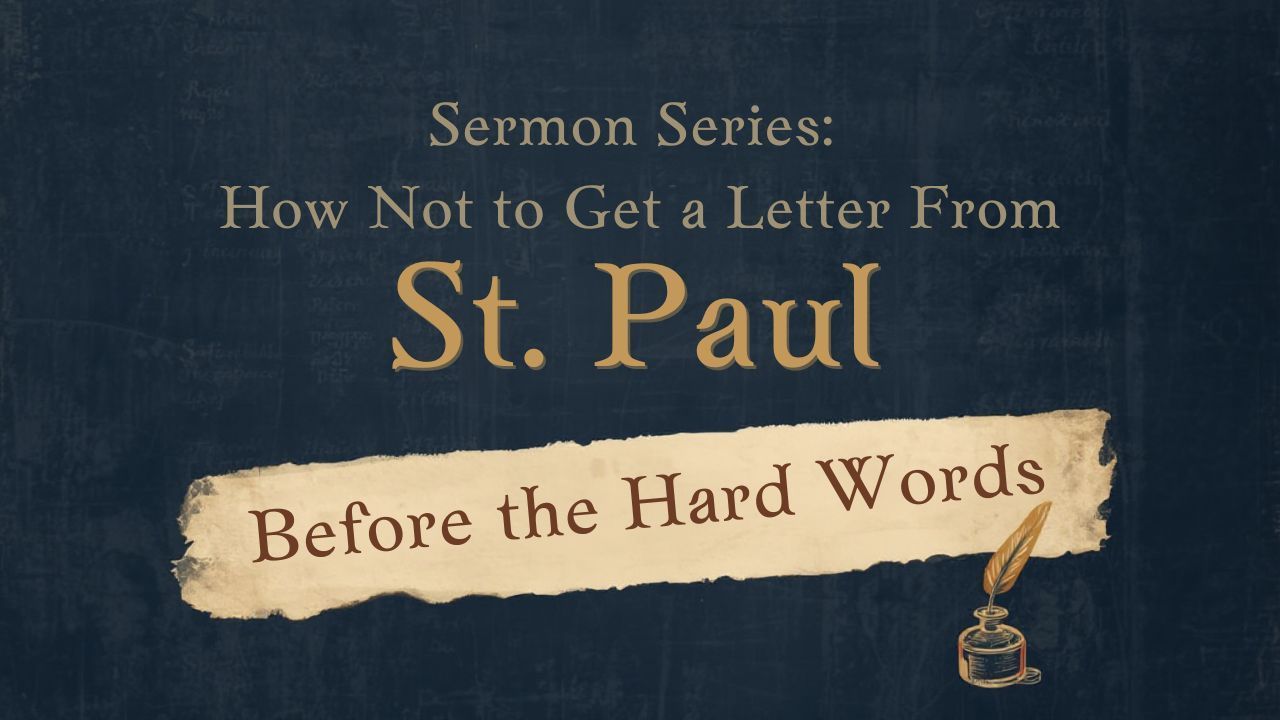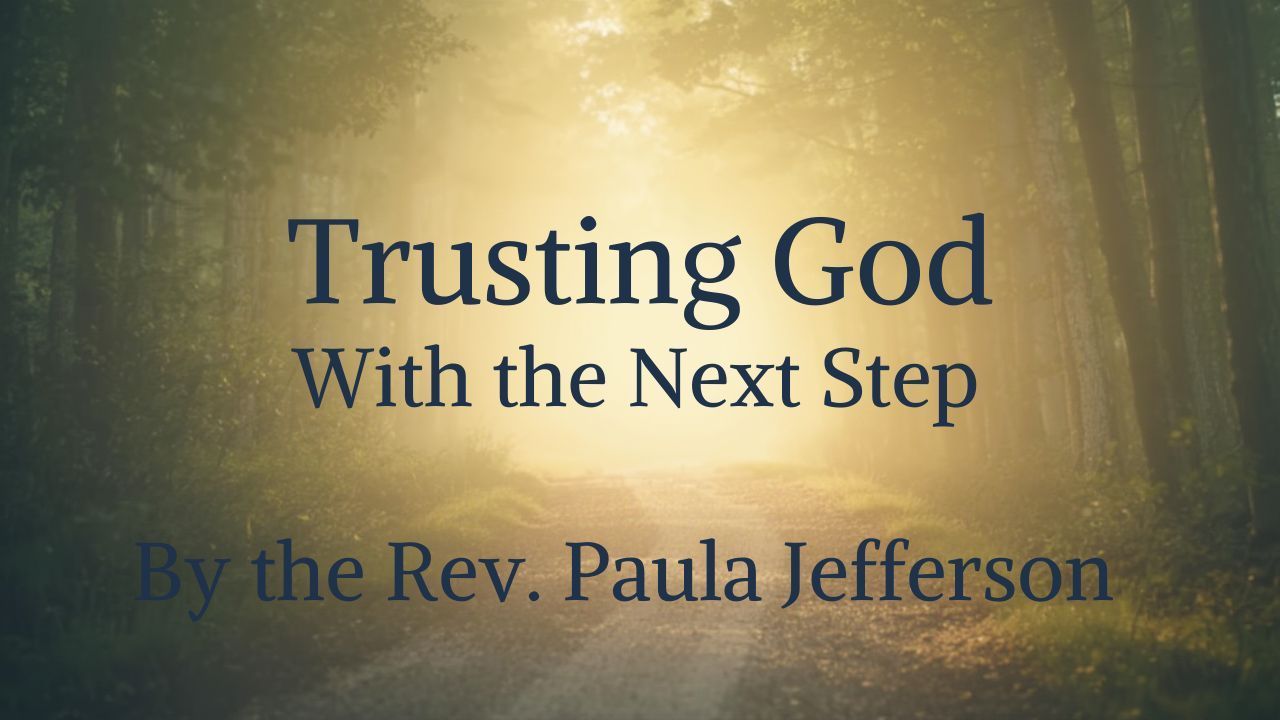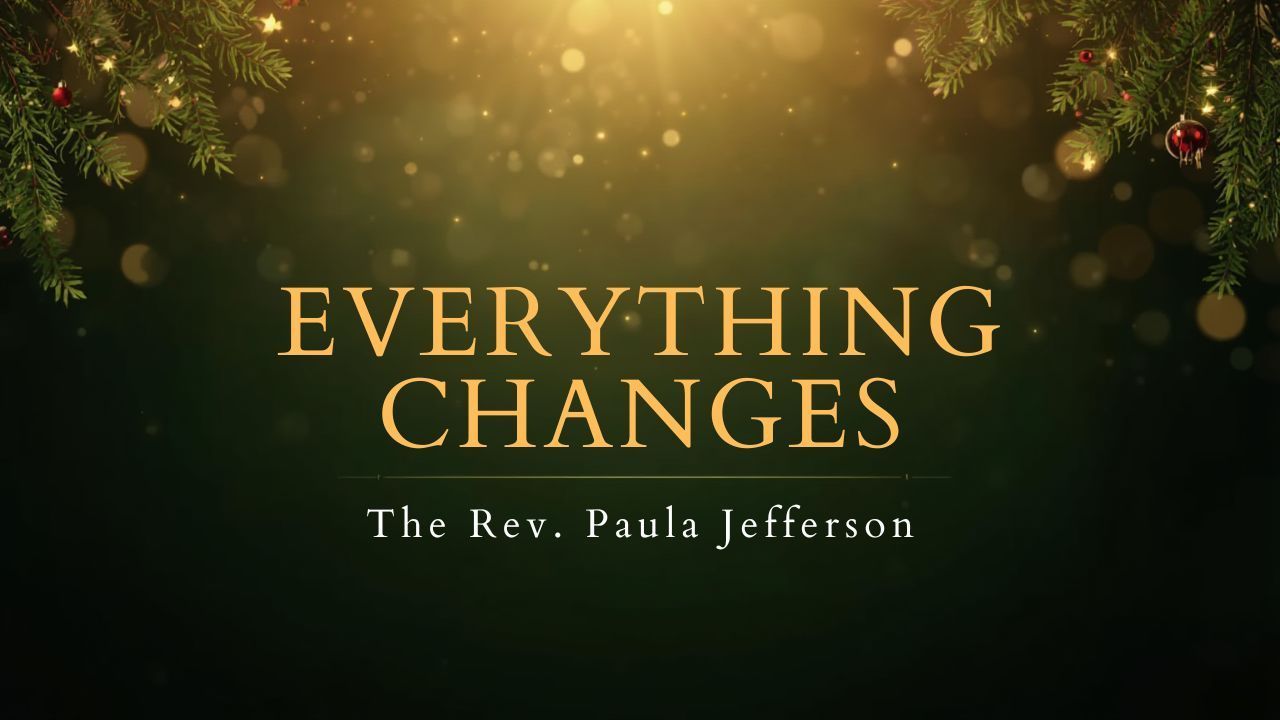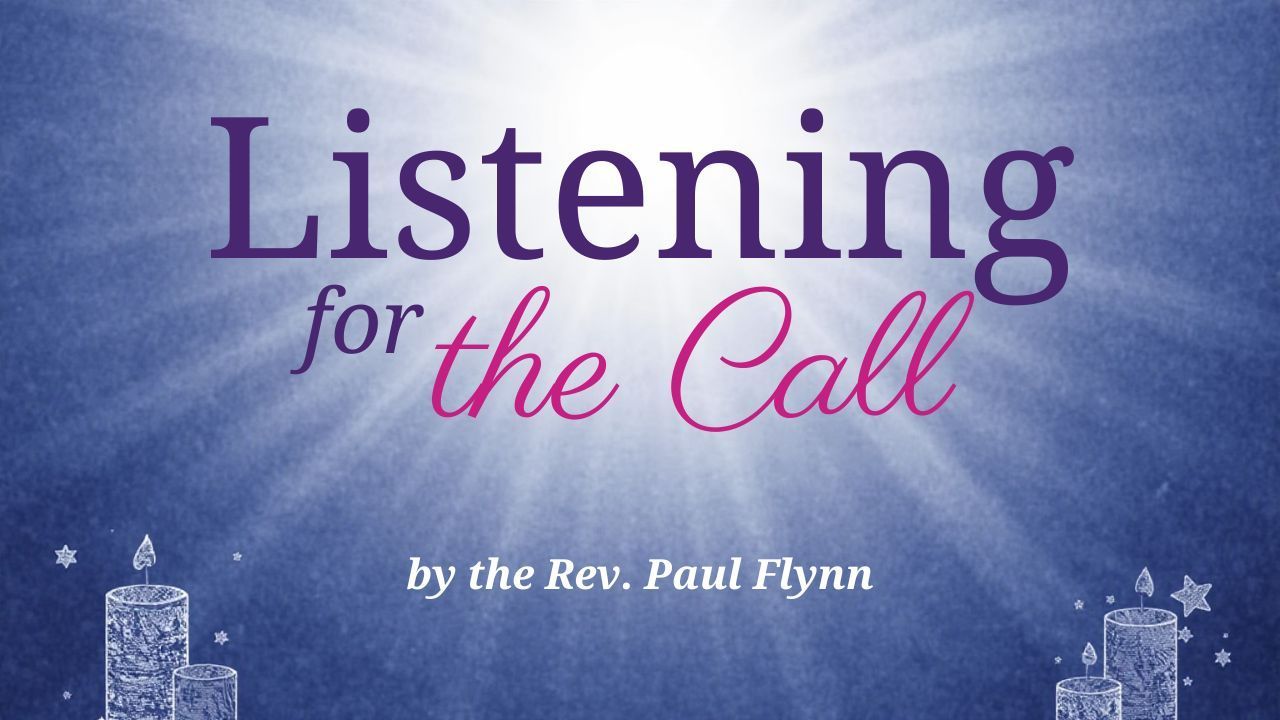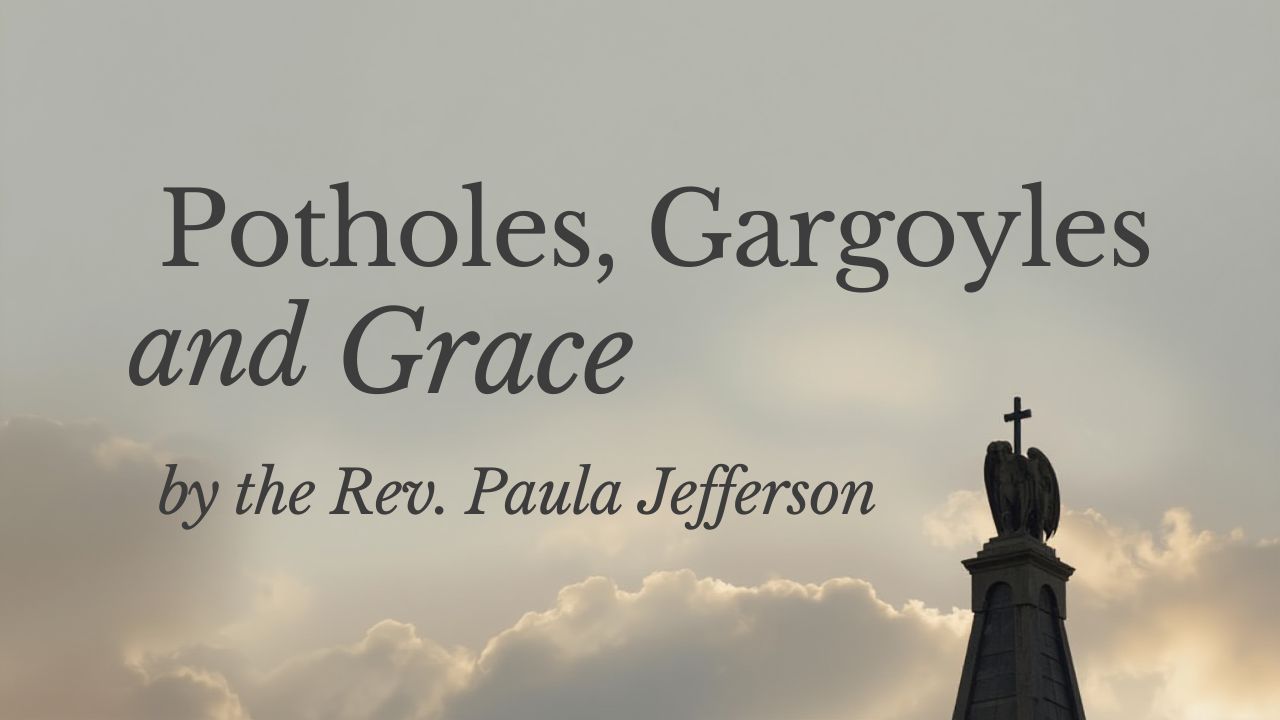This is a subtitle for your new post
Doubt is a universal human experience. We have all felt the pain, the harassment, and the threat of it.
Doubt comes in different depths. The deepest form denies that we can believe anything at all. The other
extreme is the mind of the dogmatic that sails along with unquestioning confidence on a sea of tranquil
certitude.
While there is a certain appeal in dogmatic tranquility, there is also the danger that we might
overlook the possibility of error in our most familiar beliefs. As much as we might like to think of
eliminating any trace of doubt in our life, the truth is that it would be undesirable, even if it were
possible.
Doubt clouded that first Easter. Luke says that when the apostles heard the news from the women who
visited the tomb, they would not believe it. Of course, Thomas is the classical example of doubt on the
first Easter. Jesus had appeared to the disciples that night, but Thomas was absent. When Thomas found
the group, they were exclaiming, "We have seen the Lord." Thomas, being troubled with doubt,
responded, "Unless I see the mark of the nails on his hands, unless I put my finger into the place where
the nails were, and my hand in his side, I will not believe it." Thomas may be the patron saint of
Missouri, whose license plates declare is the "show me" state. Thomas needed to see before he could
believe!
But then, eight days later, Jesus again paid no attention to the locked doors, and appeared and showed
Thomas his hands which still carried the prints of the nails and his side with its wound. In that moment
St. Thomas the Apostle experienced the power of the Risen Christ in his life and exclaimed one of the
greatest confessions of the New Testament, "My Lord and my God." Aren't we all a little like Thomas?
Thank God for that! Because, as Elton Trueblood has said, "A faith that is never questioned isn't worth
having." Thomas remained with the others until his doubts and uncertainties were transformed into a
dynamic faith.
The winning over of Thomas, the doubter, prefaces our Savior’s blessing upon all "who have not seen
and yet believe." St. Peter remembered that blessing and wrote, "Without having seen him you love
him; though you do not now see him you believe in him..."; Jesus did not condemn the doubt of
Thomas nor the honest struggles with faith others expressed to him in the New Testament. He invited
Thomas to have his satisfactions of proof by touching him, allowing the dubitative disciple to refurbish
his faith through the touch test.
Beliefs must be checked in some objective manner. Our Anglican heritage gives us four such tests,
saying that our beliefs must be worked out, examined, refined through Scripture, tradition, reason, and
experience. This is especially important in the matter of faith because just as in the world of science
"seeing is believing", so in the realm of faith, "believing is seeing." So, it is important to face our doubts
and let them lead us deeper into faith's certainties.
When people tell me that they have never had a moment of probing religious doubt, I find myself
wondering whether they have ever known a moment of vital religious conviction. For if one fact stands
out above all others in the history of religion, it is this: the price of a great faith is a great and continuous
struggle to get it, to keep it, and to share it...It is a serious mistake to think of faith as a placid lake under
the bewitching beauty of the full moon. It is much more like the ocean in storm, the swift current of the
full river where one must stay alert if he would stay alive. Faith is a fight as well as a peace. I find
myself thinking of my task as a Pastor and Teacher in the way described by Paul Tillich, when he said,
"Sometimes I think my mission is to bring faith to the faithless and doubt to the faithful."
YomHaShoa, Holocaust Memorial Day, begins at sunset tomorrow. We will be painfully reminded of
Adolph Hitler. Hitler was an atheist. We usually think of atheism as ultimate doubt. But when you think
of it as a religion, you can see how helpful it would be to have a system of doubt to correct it. Hitler had
no religion to cast doubts on his approach to life. But there are other problems besides Hitler's form of
atheism. There is, for example, practical atheism. Practical atheists believe in God; God just doesn't have
anything to do with their lives. Martin Luther once wrote, "There is the man who has never doubted that
God is, but who lives as though he were not; and there is the man who doubts whether God is, or even
denies that He is, but lives a s though He were. In the latter, the grace of God is at work."
Look at the lives of the saints.
According to holy legend, doubt appears as a temptation which increases
in power with the increase of saintliness. In those who rest on their unshakable faith, Pharisaism and
fanaticism are the unmistakable symptoms of doubt which has been repressed. Doubt is overcome not
by repression but by courage. Courage does not deny that there is doubt, but it takes the doubt into itself
as an expression of its own finitude and affirms the content of an ultimate concern. Courage does not
need the safety of unquestionable conviction. It includes the risk without which no creative life is
possible. The Christian faith is stronger than our doubts. It is like the Chinese proverb, which says,
"Chinese sails, though full of holes, still work."
One of the things we are supposed to learn by the time we finish adolescence is that meaning can
function on more than one level. Our schooling has tended to teach us to believe that things are either
true or false; they either happened or they didn't . When this type of reasoning is applied to a sacred text,
one is placed in the awkward position of either affirming the whole thing or selectively denying it on
tenuous grounds, such as one's present world view. What we are looking for is not simply a belief
system, but an identity, a tradition in which we can locate ourselves.
Suppose a half dozen of us were seated around the walls of a darkened room. We are told that
somewhere in the open, middle space, there is a chair. Which of us will find that chair? Certainly not
those who sit still and philosophize about where the chair might be placed. No, the chair can be found
only by those who have the courage to get up and risk stumbling around in the dark, using whatever
powers of reason and sensation we might have until the chair is discovered.
Or in our relationships with those we love. I have faith that my wife loves me. I feel her kindness, her
caring, her loving touch - all these I interpret to mean that she loves me. Not every moment of our
relationship has been perfectly romantic, but her acts of love are such that, while I cannot claim absolute
certainty now or about the future, I have a deep faith in her love for me. We cannot ever; or
the experience of love with the same probability as sunrise or a lab experiment, but we have
faith that love is real, is what we know to be the case, is the explanation which correctly interprets
certain "scientific experience."
Once a young man said to the philosopher, Blaise Paschal, "Oh that I had your creed, then I would live
your life." Paschal replied, "Let me tell you something, young man. If you will live my life, it will not be
many days until you have my creed." In other words, Paschal is saying it is easier to act your way into
belief than the other way around. And when we see Thomas after the resurrection, we follow the
trajectory of his faith from confusion to confession. The Risen Christ, at last, confronted him in the
presence of the others and together they dealt with his doubt until it gave way to affirmation. He does
that for us, too.
